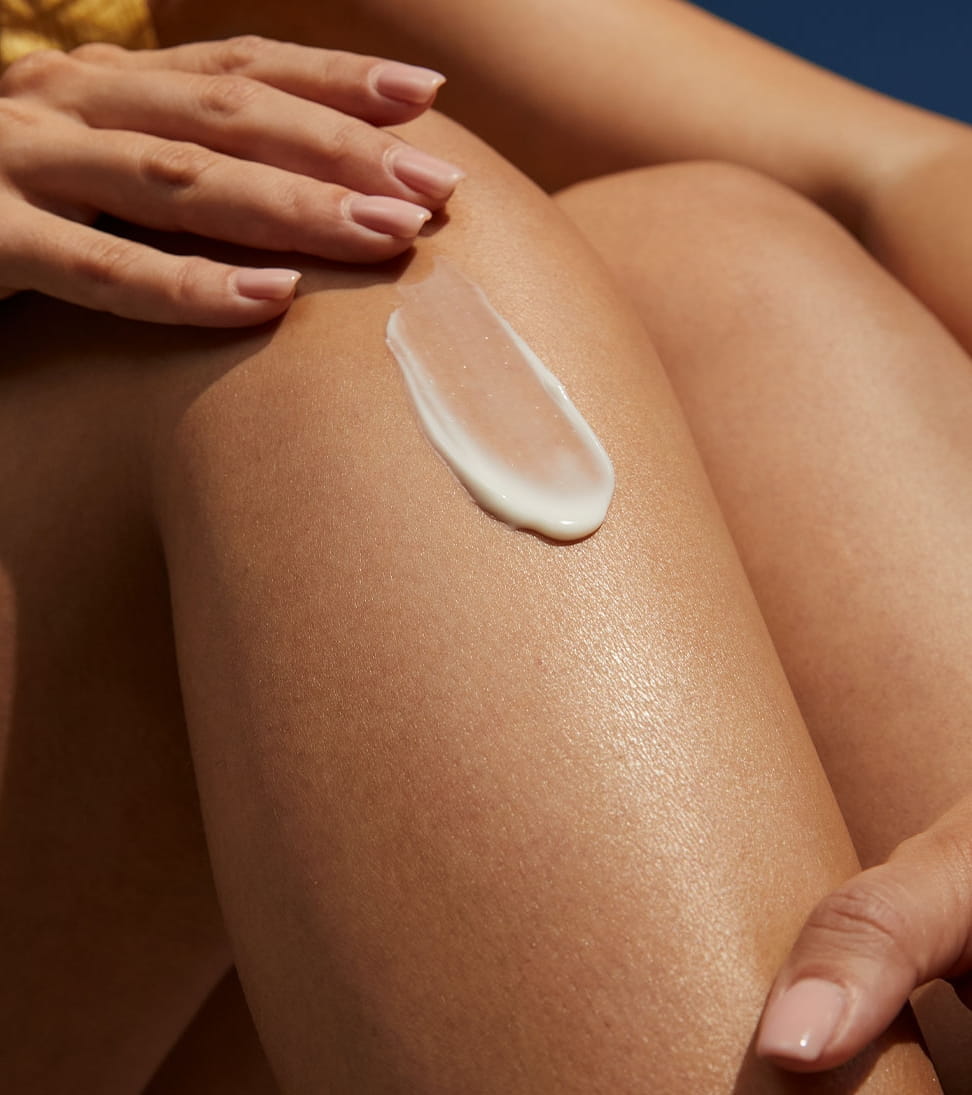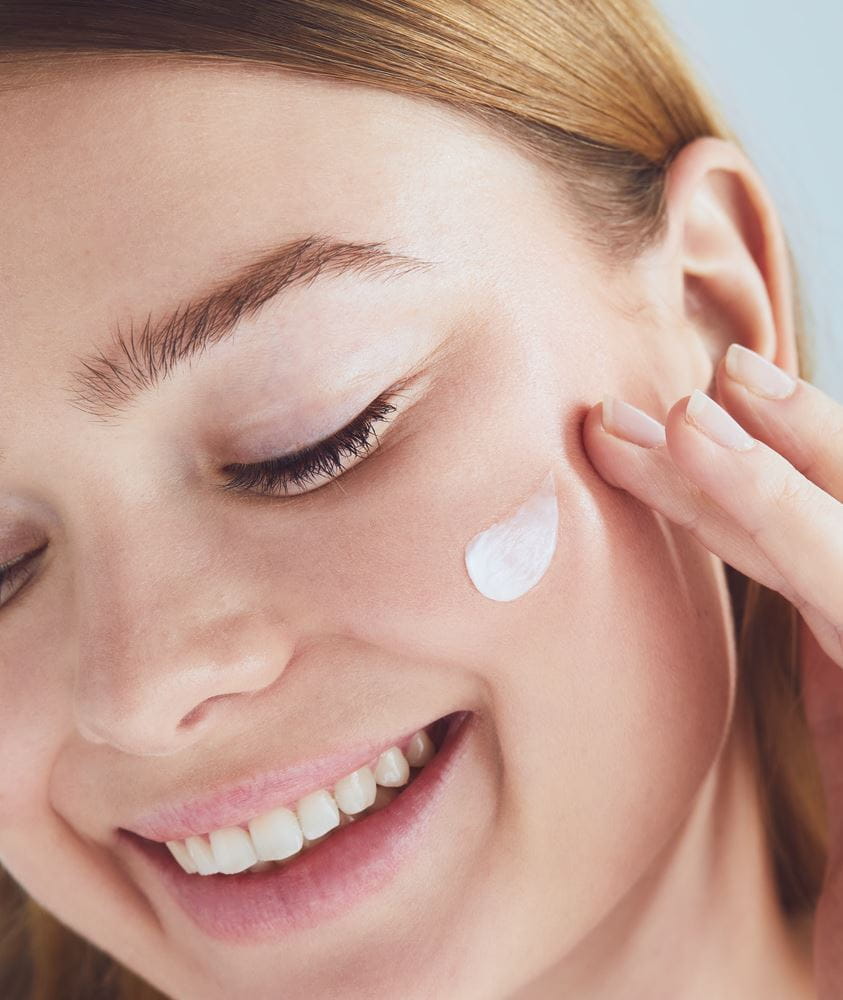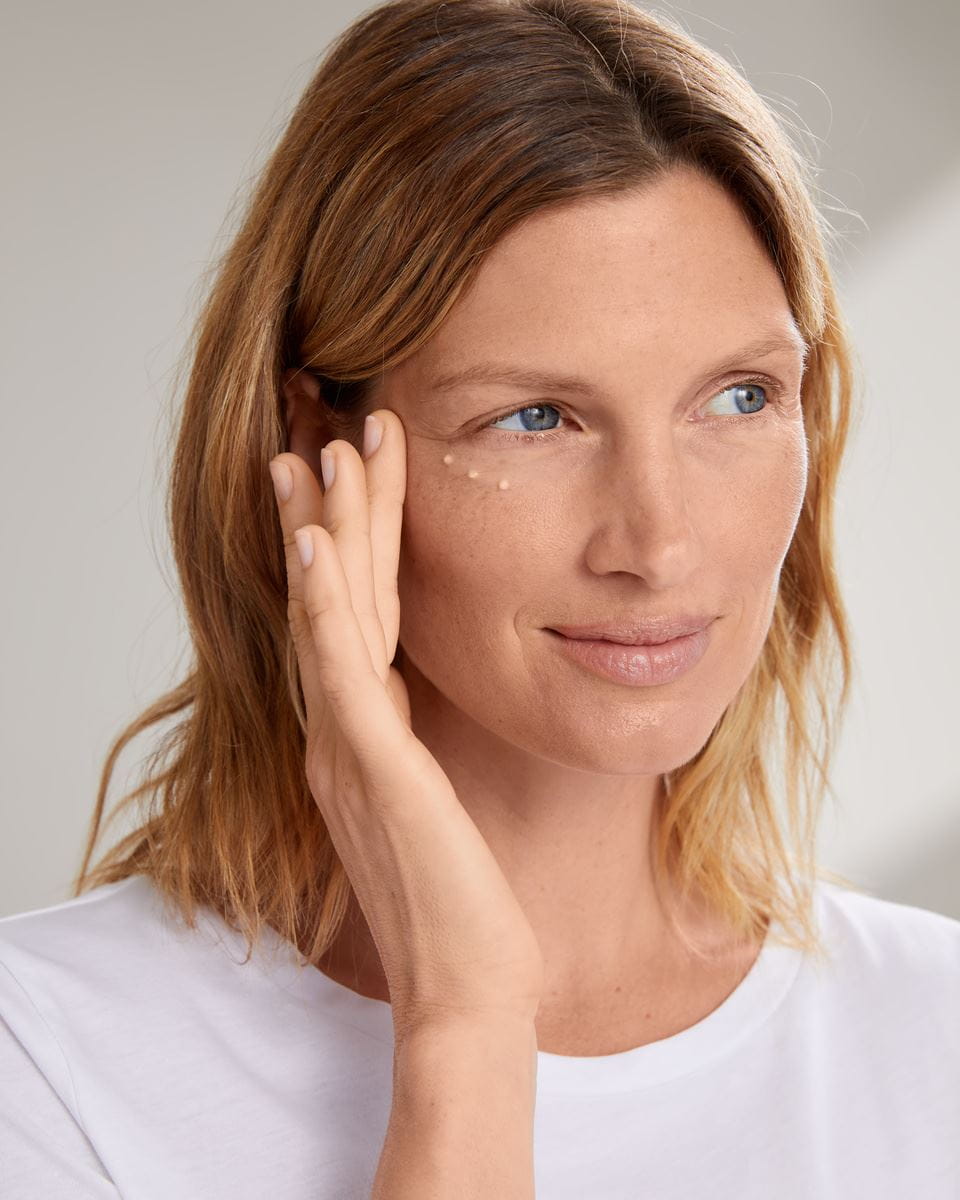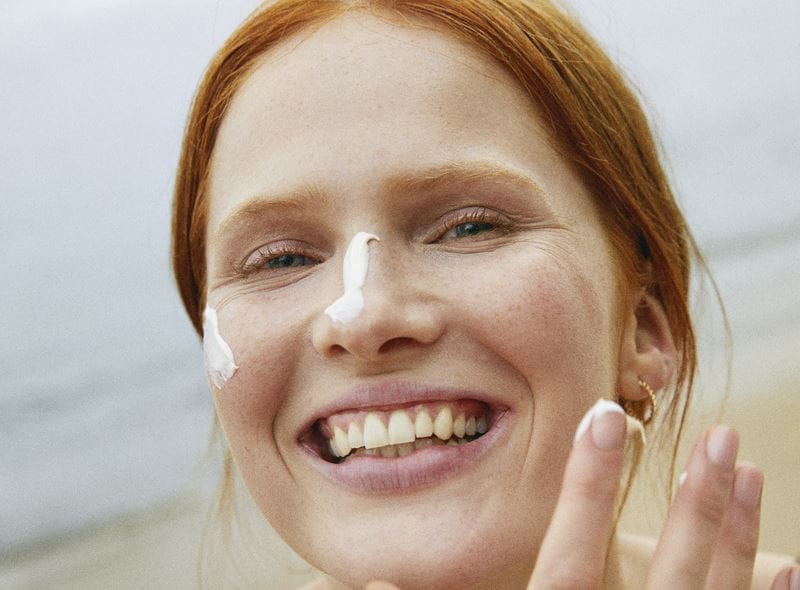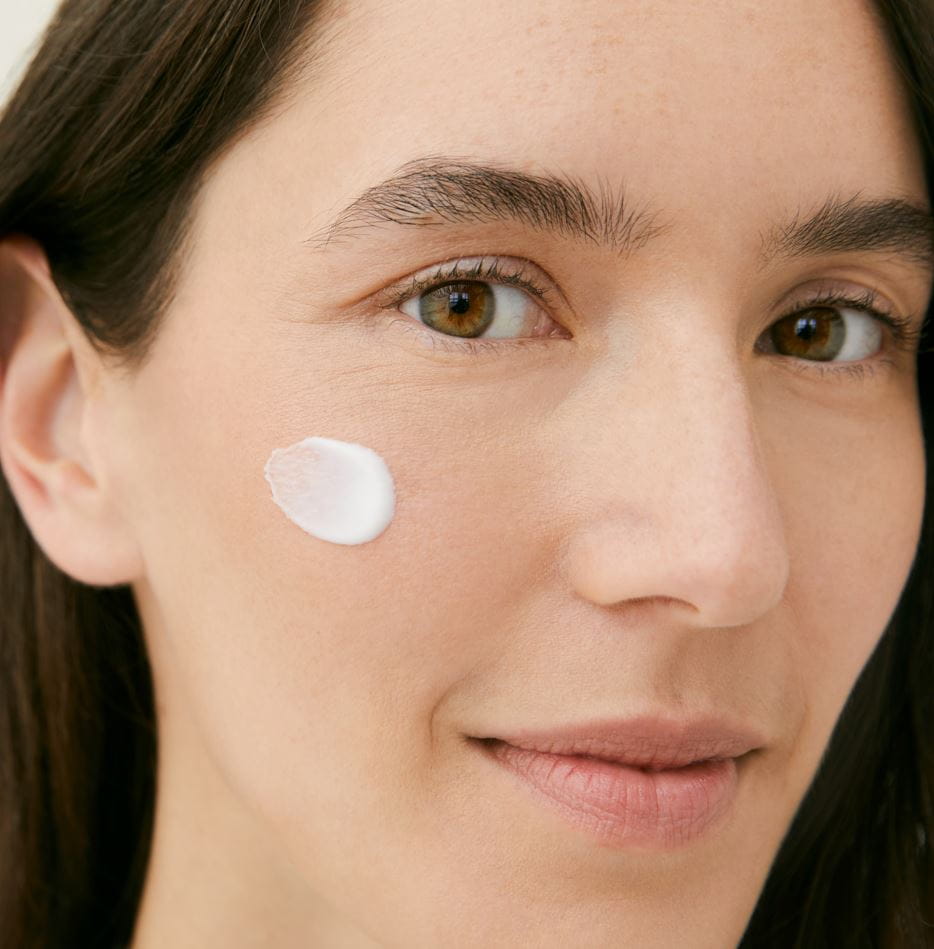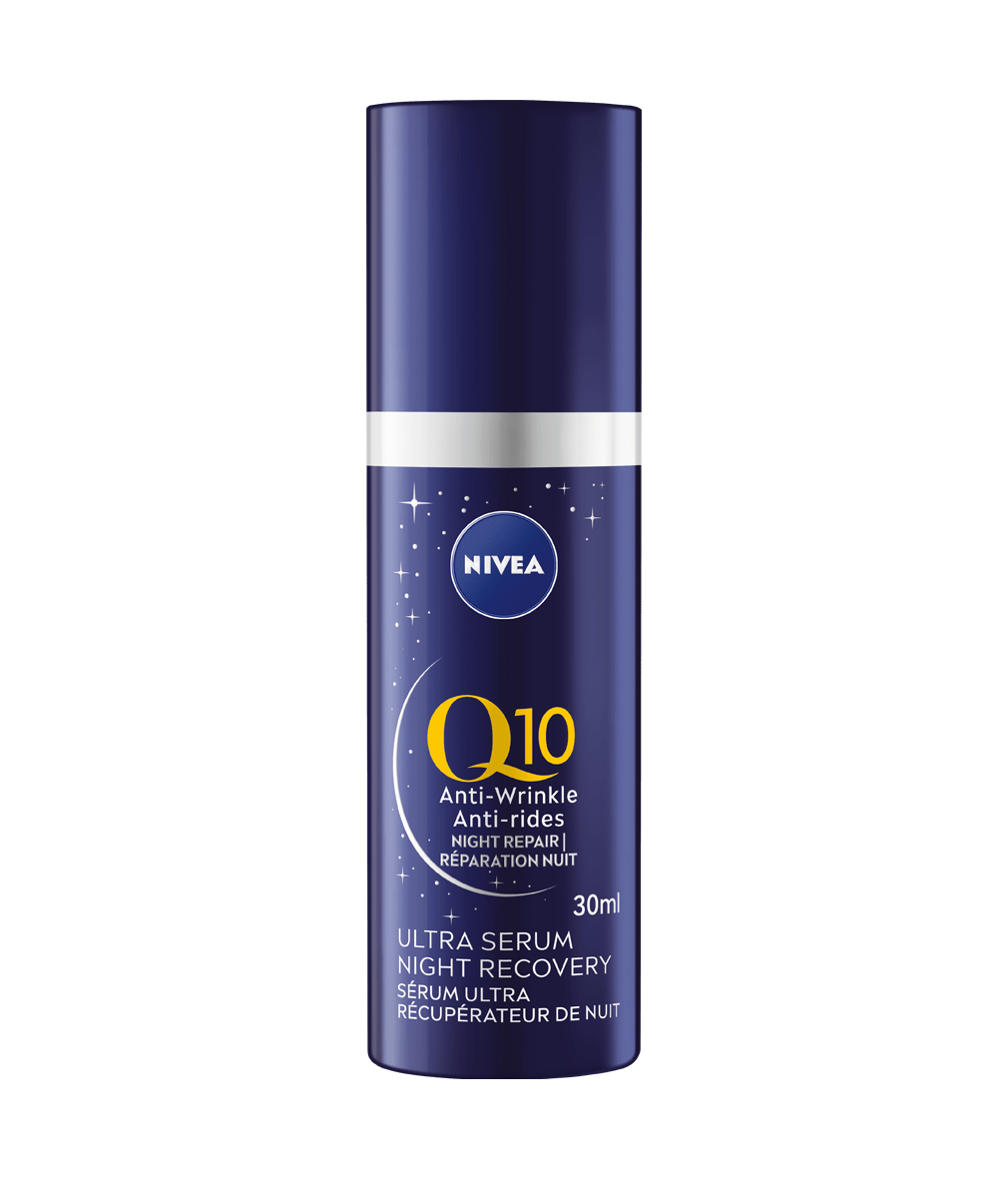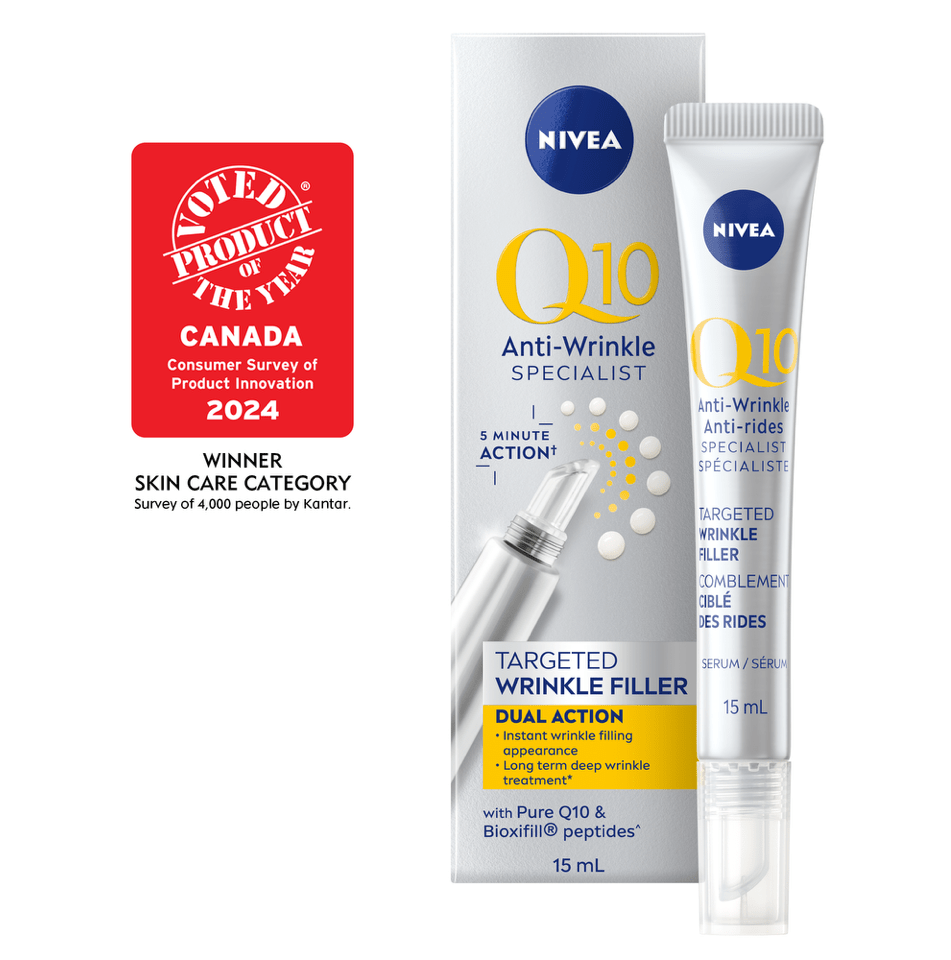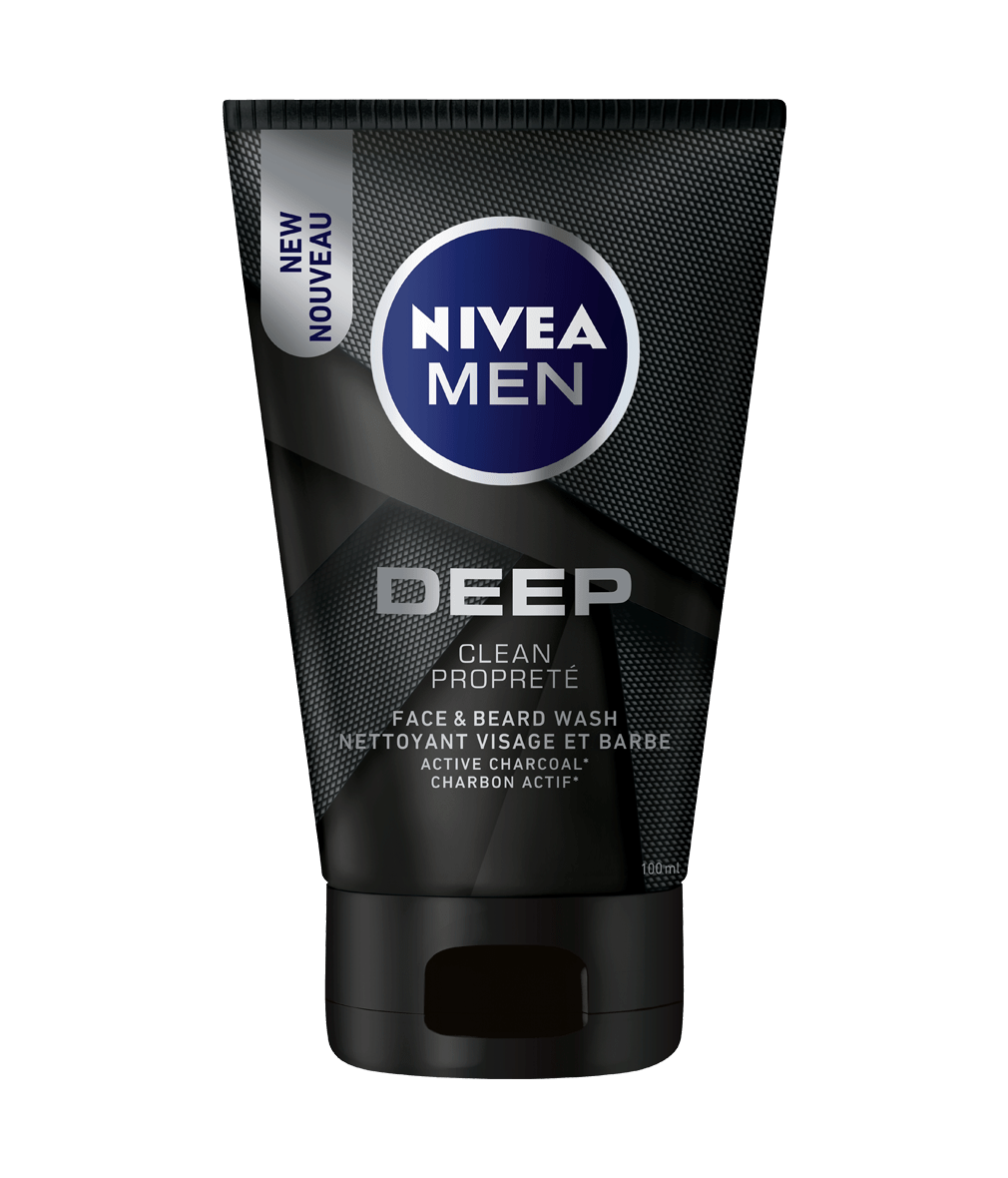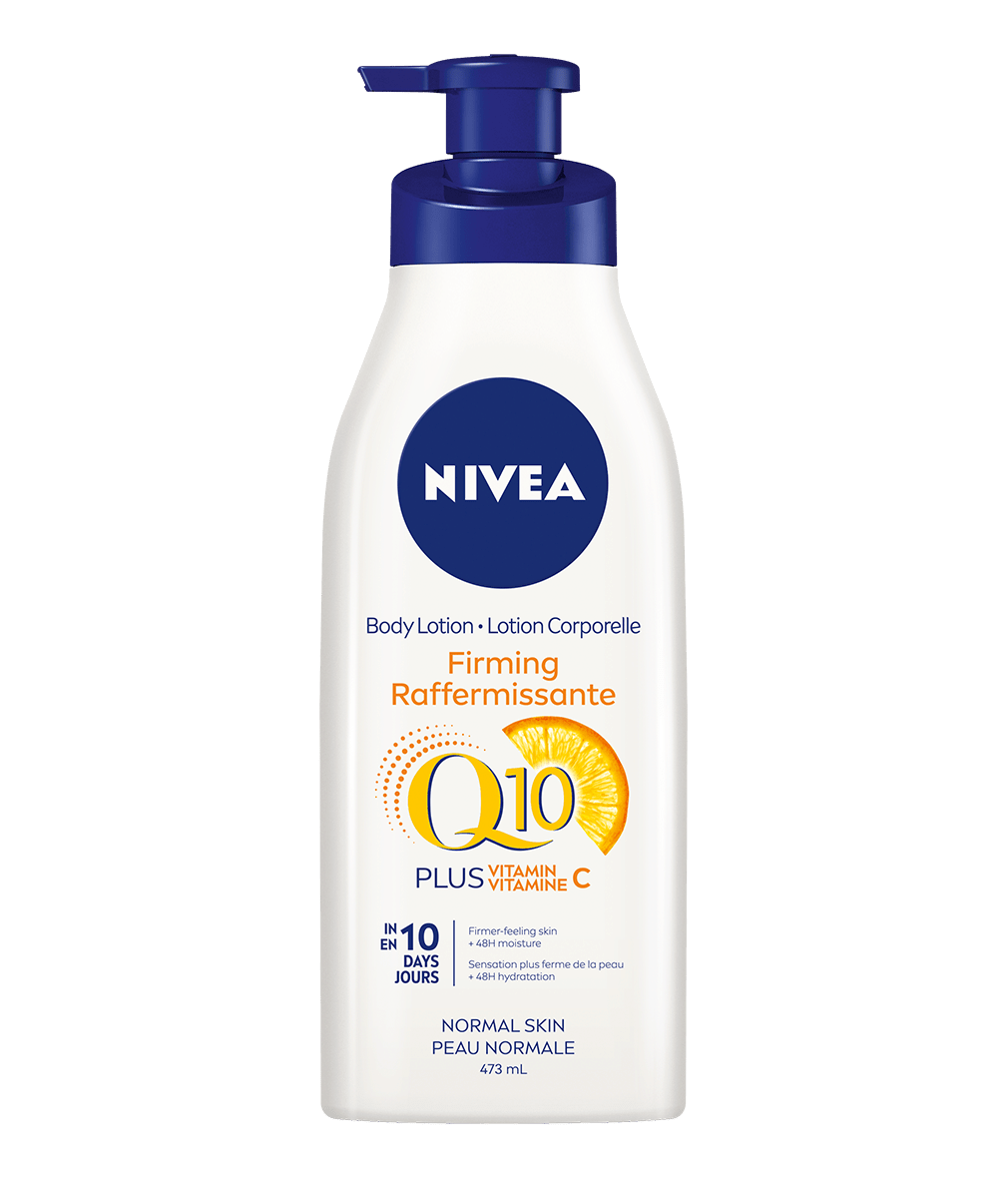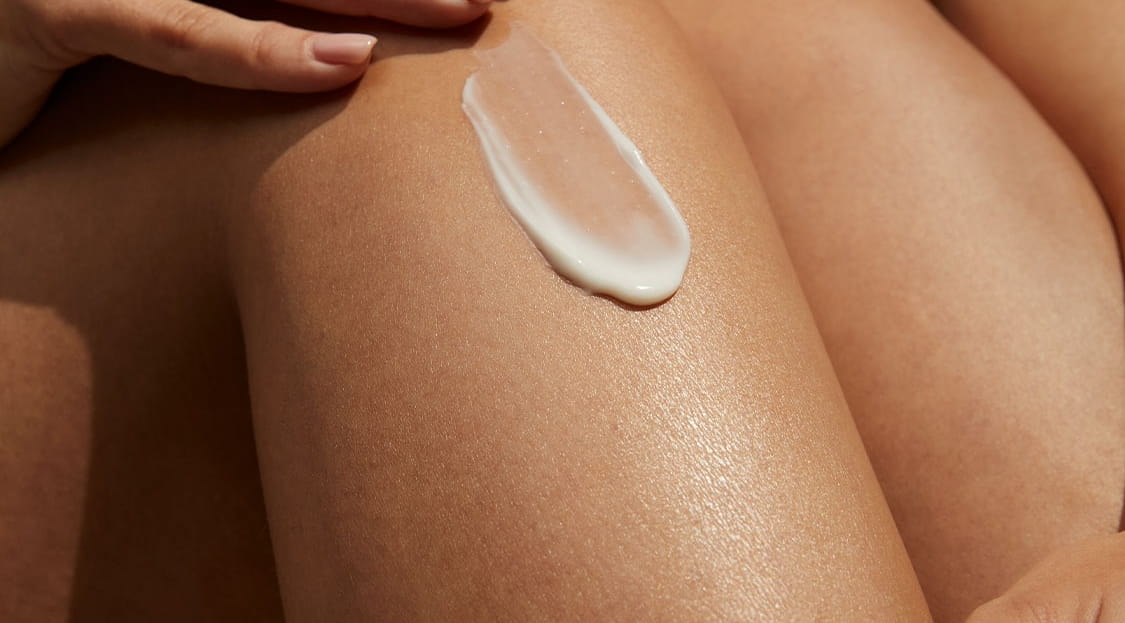
What are peptides & what do they do for skin?
Peptides are short chains of amino acids that exist naturally in skin but can also be applied topically. Discover what Peptides are, the different types, the possible benefits for skin and how you can add them to your routine.
Peptides for Skin
What are peptides, and why is everyone talking about them now? This is everything you need to know about microscopic miracles, including how they’re able to teach your skin to produce more proteins, like elastin and collagen.
Are Peptides Safe?
Types of Peptides for skin
What are the benefits of peptides for skin?
PEPTIDES IN SKINCARE
A lot of skincare products these days include peptides (of some description) on their ingredient lists, so it can be a bit overwhelming when trying to pick the one that’s going to be right for you.
All peptides have their benefits and specific roles, but when looking for skincare including Peptides, remember they need to soak into the skin. To reap the rewards and enjoy the best results, you should be looking at serums and moisturizers with Peptides – designed to be left on to soak in, as opposed to a cleanser, which is washed away.
All peptides have their benefits and specific roles, but when looking for skincare including Peptides, remember they need to soak into the skin. To reap the rewards and enjoy the best results, you should be looking at serums and moisturizers with Peptides – designed to be left on to soak in, as opposed to a cleanser, which is washed away.
NIVEA & Peptides: The Innovative Formula to Target Wrinkles
NIVEA has paired trusty Coenzyme Q10 with Bioxifill Peptides to take targeted action on wrinkles. The NIVEA Q10 Anti-Wrinkle Specialist Targeted Wrinkle Filler encourages Collagen production in the areas your skin needs it most, reducing the appearance of fine lines in just 5 minutes*, and deeper wrinkles over time**.
*Temporarily visibly reduces the appearance of fine lines & wrinkles by forming a hydrating film on the skin's surface.
**With regular use.
For most effective results, use at the end of your morning and evening skincare routine in tandem with other products from the NIVEA Q10 range. Here is an example of a complete 24-hour anti-wrinkle skincare routine using NIVEA Q10 Power products, remember to thoroughly cleanse first:
*Temporarily visibly reduces the appearance of fine lines & wrinkles by forming a hydrating film on the skin's surface.
**With regular use.
For most effective results, use at the end of your morning and evening skincare routine in tandem with other products from the NIVEA Q10 range. Here is an example of a complete 24-hour anti-wrinkle skincare routine using NIVEA Q10 Power products, remember to thoroughly cleanse first:
